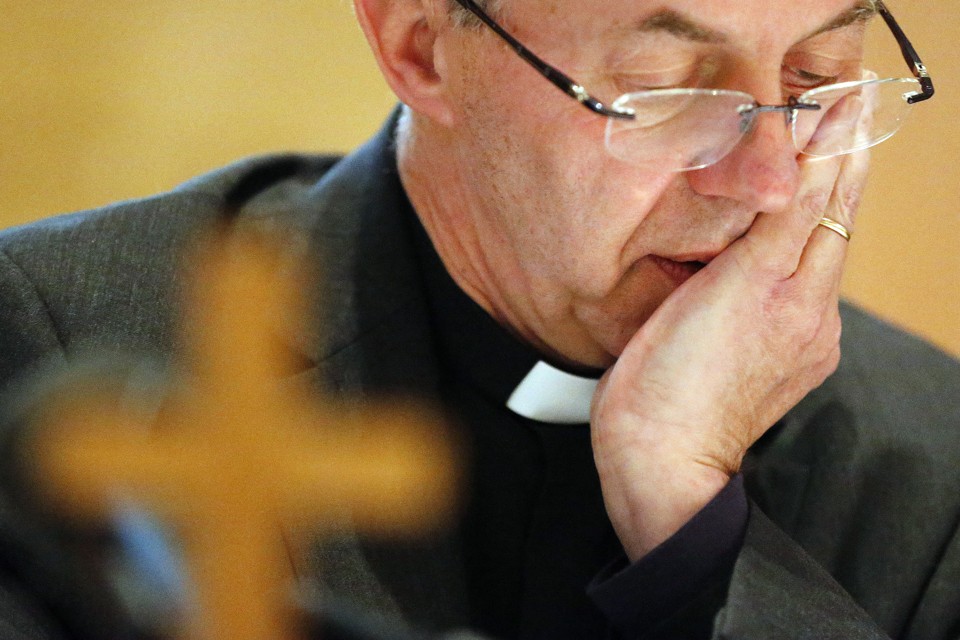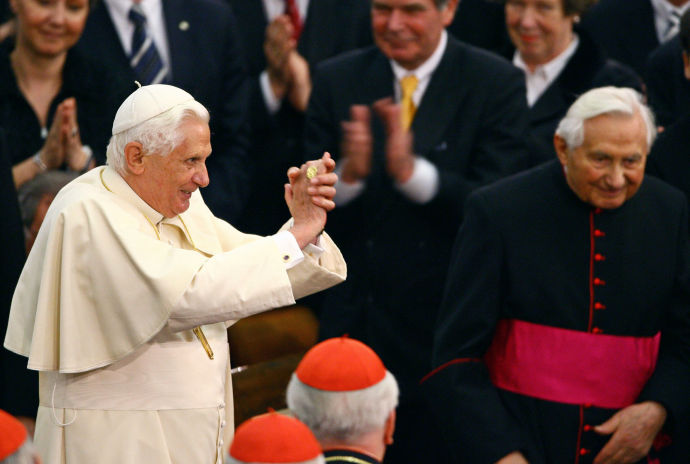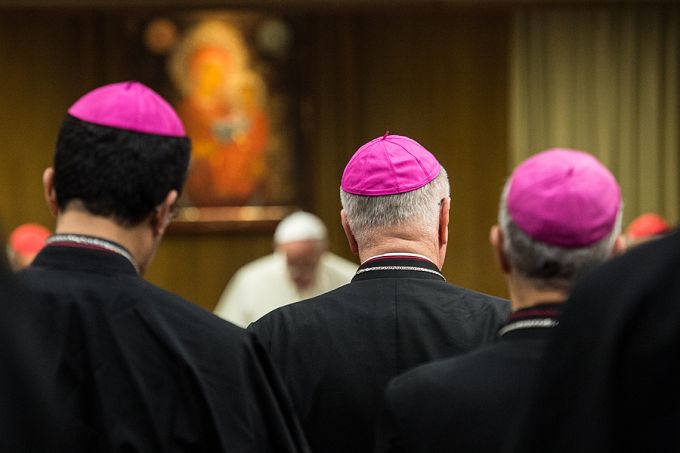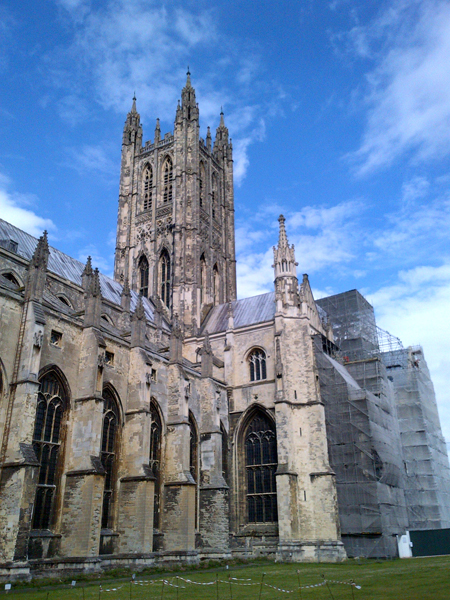
For the worldwide Anglican Communion, the world’s largest Protestant denomination, sexuality has become a line in the sand.
The Episcopal Church, Anglicanism’s American branch, was suspended on Thursday for three years for its willingness to consecrate same-sex marriages. But the punishment is not expected to dissuade Episcopalian leaders. As Jim Naughton, a communications consultant for the Episcopal Church said, “We can accept these actions with grace and humility but the Episcopal Church is not going back. We can’t repent what is not sin.”
But the denomination’s decision should not be interpreted as a theologically orthodox parent lovingly disciplining its rebellious child. Beneath the Anglican Communion’s actions against the Episcopal Church lies selective outrage, with the Episcopal Church being punished for its attempt to interpret doctrine, while unambiguous sins of other leaders have gone unaddressed.The Episcopal Church has been embroiled in controversy over LGBT issues since at least the mid-1970s, when it declared that gay men and lesbians “have a full and equal claim with all other persons upon the love, acceptance, and pastoral concern and care of the Church.” It later moved to accept the ordination of LGBT clergy, even consecrating Gene Robinson as its first openly gay bishop in 2003.
During this same period, the Episcopal Church began bleeding worshippers—losing half its membership since 1966—with donations falling alongside. While some vibrant Anglican congregations began sprouting across America in recent years, many have chosen to sidestep the Episcopal Church and align with foreign bishops instead. The Episcopal Church has become a mangled mess of a denomination, divided among itself and drifting rapidly from its global compatriots.The final collision came last year when the Episcopal Church decided to officially bless same-sex marriages. For its more conservative leaders, this was a bridge too far.

So the vote to suspend the Anglican Communion’s U.S. arm on Thursday is only somewhat surprising. Many have predicted that some kind of schism is inevitable. But the way in which the vote occurred is deeply troubling. It passed by a two-thirds majority and “included prominent voices among African bishops who have loudly condemned the American church for its liberal stance on gays.”Africa is a continent that is regressive, even oppressive, in its treatment of LGBT persons. In approximately 70 countries, including 34 in Africa, gays and lesbians can be imprisoned for years or even receive life sentences. In Nigeria, it is illegal for LGBT people to hold meetings or form clubs. In countries like Somalia, they can be executed by the state under Sharia law. In Mauritania, men convicted of homosexual acts can be stoned to death. In Angola, cross-dressing will earn you jail time. And famously, Uganda offers life sentences for those convicted of “aggravated homosexuality,” whatever that means. An earlier version of their anti-gay bill allowed for the death penalty.Anglicans maintain strong presences in many of these countries, and Christian religious leaders, including Anglicans, have supported the oppressive treatment of gays and lesbians there. Uganda’s anti-gay law, for example, was backed by its Anglican Church. Such laws are wildly out of step with any ethical code bearing the label “Christian.”
The public and private support of such laws by African Anglican leaders is inexcusable. But instead of being defrocked, these prelates have maintained full participation in the Anglican Communion and have even led the charge to single out the Episcopal Church for punishment. This year, African Anglicans celebrated the appointment of a Nigerian Bishop to the prestigious role of secretary general, despite his history of support for the criminalization of homosexuality.Jesus compared the Pharisees to “whitewashed tombs” that “look beautiful on the outside but on the inside are full of the bones of the dead and everything unclean.” Christina Rees, a member of the General Synod, the governing body of the Church of England, called out her church’s similar inconsistency:
This is not how Anglicans should behave. It’s awful. It’s a terrible outcome to the meeting of the primates in Canterbury. What action will now be taken against all those churches in the Anglican Communion who treat gay men and women as criminals? Will they be suspended for three years, too?
Likely not. The Anglican Communion is selective in its outrage.
Christians of mutual goodwill can and should have full-throated debates over whether same-sex unions constitute a violation of Christian doctrine and practice. But there is simply no moral equivalency between marrying a gay couple and sentencing them to rot in jail. Focusing on the former while overlooking the latter epitomizes what Jesus referred to as looking at the sawdust in your brother’s eye while ignoring the plank in your own.
If the Anglican Communion wishes to scrutinize the Episcopal Church’s positions on homosexual marriage, then those branches outside of the United States need to get their own houses in order. Otherwise, the Anglican Communion will not just be the world’s largest Protestant denomination. It may also be the world’s largest body of hypocrites.
Complete Article HERE!




